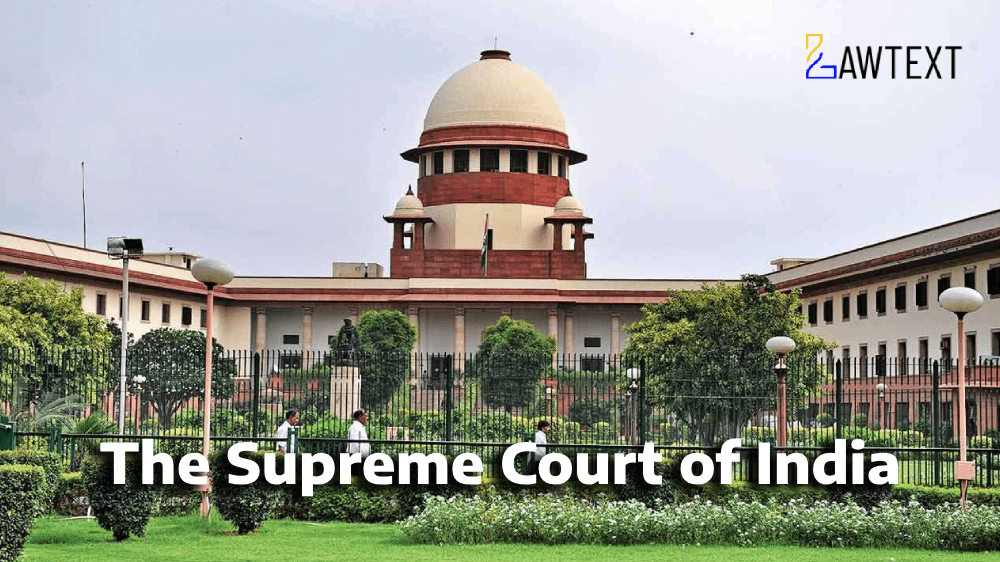

The Supreme Court of India addressed critical issues related to the overcrowding of prisons and the inadequate access to legal aid for prisoners. The petition, filed under Article 32 of the Constitution, sought directives for humane treatment of prisoners and the establishment of mechanisms to ensure timely and effective legal aid.
Key interventions made by the Court included directives for decongesting prisons, improving the provision of free legal services, and expanding the scope and functioning of Prison Legal Aid Clinics (PLACs). The judgment emphasized the fundamental rights of prisoners under Article 21 and highlighted the obligations of the State to provide equal access to justice under Article 39-A.
The Court commended the efforts of NALSA and directed continued efforts towards ensuring legal aid for inmates, monitoring the functioning of PLACs, and raising awareness among prisoners regarding their rights to appeal and bail. It also introduced mechanisms to bridge communication gaps between prisoners and legal counsel and emphasized the role of Under Trial Review Committees (UTRCs) in facilitating the release of eligible inmates.
Filing of Writ Petition and Key Issues
The writ petition was filed by Suhas Chakma under Article 32, seeking relief for prisoners facing inhumane treatment due to overcrowding and unhygienic jail conditions. The petition also emphasized the right to legal aid for all prisoners to uphold human dignity and ensure access to justice.
Appointment of Amicus Curiae and Legal Representation for Inmates
The Court appointed Senior Advocates to assist in addressing the concerns raised. Focus was placed on improving the visitation modalities of lawyers in prisons to ensure free legal aid for deserving inmates.
Constitutional Goals and Legal Framework
The judgment referenced Article 39-A of the Directive Principles of State Policy, which mandates free legal aid and equal justice, as well as Article 21, guaranteeing the right to life and personal liberty.
Relevant Judicial Precedents
The judgment cited significant cases like Hussainara Khatoon v. State of Bihar and Sunil Batra v. Delhi Administration, reinforcing the constitutional obligation to provide legal representation and humane treatment to prisoners.
Implementation of Legal Services Authorities Act, 1987
The Court emphasized the role of NALSA in ensuring effective legal aid services under the Legal Services Authorities Act, 1987, and reviewed the functioning of Prison Legal Aid Clinics (PLACs).
NALSA SOP-2022 for Access to Legal Aid Services
Detailed provisions for the functioning of PLACs and responsibilities of Jail Visiting Lawyers (JVLs) and Paralegal Volunteers (PLVs) were outlined to improve legal aid mechanisms for inmates.
Statistical Data and Progress Report
NALSA provided data on the number of jails, PLACs, and legal assistance rendered. As of 2024, over 324,867 inmates had received legal aid, with appeals filed on behalf of 1,593 convicts.
Role of Under Trial Review Committees (UTRCs)
The judgment discussed the role of UTRCs in identifying and releasing undertrial prisoners eligible for bail, those who had completed their sentences, and those suffering from illnesses.
Pre-Litigation Assistance and E-Prison Module
The Court lauded initiatives like early access to legal aid at pre-arrest and remand stages and the introduction of E-Prison Modules to streamline the tracking of cases and provide updates to prisoners and their families.
Final Directives
The Court issued several directives to ensure that the objectives of the Legal Services Authorities Act and NALSA’s guidelines were implemented effectively. These included the periodic review of PLACs, better coordination among legal aid authorities, and awareness campaigns.
The Court reinforced that free legal aid is a constitutional right under Article 21 and that providing legal services to indigent prisoners is a mandatory duty of the State. The judgment established that inadequate legal aid violates a prisoner’s fundamental rights and called for enhanced measures to ensure timely legal assistance, decongestion of prisons, and respect for prisoners' human dignity.
Prison Reforms, Legal Aid, Human Rights, Overcrowding in Prisons
Prisoners' Rights, Free Legal Aid, Undertrial Prisoners, Constitutional Rights, NALSA, Criminal Justice Reform
Citation: 2024 LawText (SC) (10) 230
Case Number: WRIT PETITION NO. 1082 OF 2020
Date of Decision: 2024-10-23
Case Title: SUHAS CHAKMA VERSUS UNION OF INDIA & ORS.
Before Judge: [B.R. GAVAI J. , K. V. VISWANATHAN J.]
Appellant: SUHAS CHAKMA
Respondent: UNION OF INDIA & ORS.